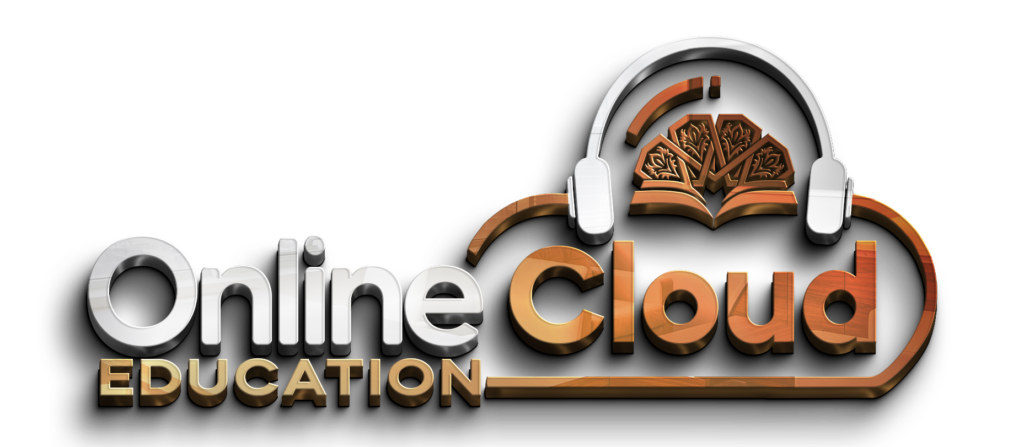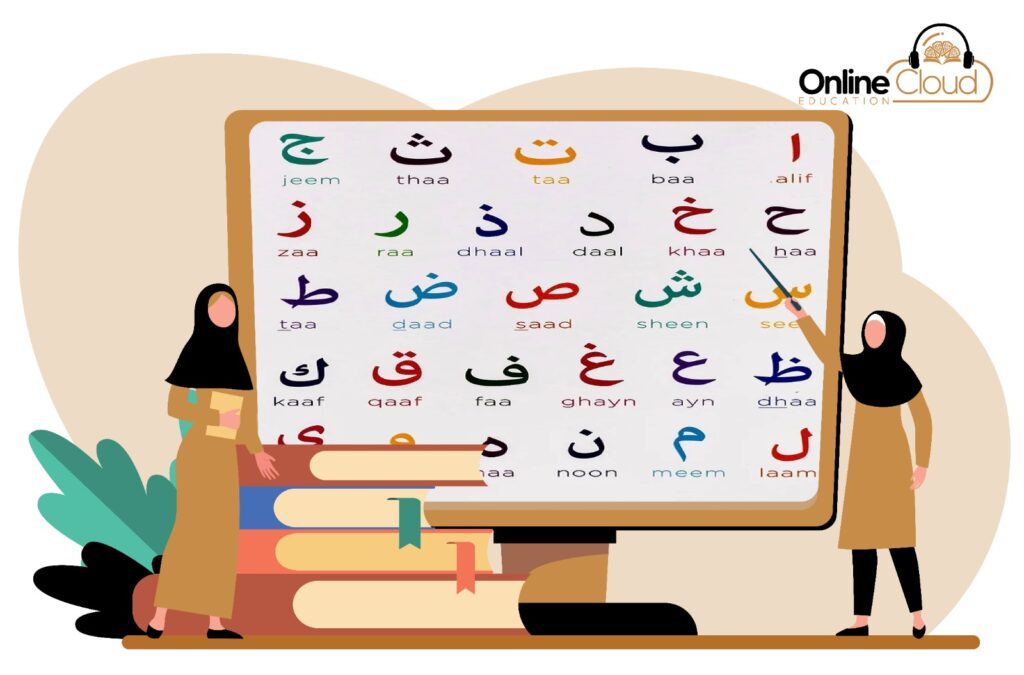In today’s interconnected world, the pursuit of Arabic language proficiency has become more accessible than ever before, thanks to platforms like Online Cloud Education offering comprehensive Arabic language courses. Arabic holds a significant place in the hearts and minds of Muslims worldwide, extending far beyond mere linguistic proficiency. It serves as a bridge, connecting individuals to their faith, culture, and heritage. The importance of Arabic is evident in its role as the language of the Quran, the holy book of Islam, and as a medium for cultural expression and communication among diverse Muslim communities. In this article, we explore the multifaceted significance of Arabic in Islam and how its mastery enriches the lives of Muslims globally.





